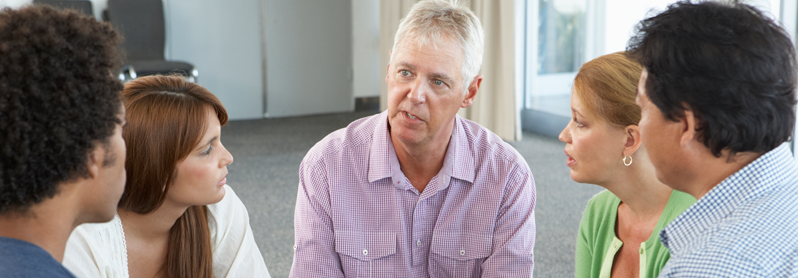Queensland Aboriginal and Torres Strait Islander health workers are set to benefit from a new program, launched to help combat cancer survival disparities among Indigenous communities.
Cancer Council Queensland’s new two-day program, Caring for Our Community, aims to enhance the role, knowledge and practice of Aboriginal and Torres Strait Islander health workers in cancer care, prevention, screening, early detection and end of life care.
The next program will be held in Bundaberg on October 24-25 (Impact Community Services, 106 Bargara Rd), with other workshops held in Cairns, Townsville, Darling Downs, Mount Isa and the Greater Brisbane area between now and April 2018.
Caring for Our Community is a Cancer Australia Supporting people with cancer grant initiative, funded by the Australian Government.
Cancer Council Queensland CEO Ms Chris McMillan said the workshops would equip Aboriginal and Torres Strait Islander health workers with knowledge to give back to their communities.
“These workshops are part of our ongoing commitment to close the gap and improve cancer survival rates of Aboriginal and Torres Strait Islander people,” Ms McMillan said.
“Aboriginal and Torres Strait Islander people in Queensland continue to face a higher risk of dying from cancer than non-Indigenous people, and are often diagnosed at a later stage.
“We are pleased to partner with local health professionals to launch these workshops, and provide those working in cancer care with a strong supportive network.
“It’s imperative to equip health professionals with the knowledge and tools that they need to go back in to their community and have those important conversations around early detection and cancer screening – right through to cancer care options and end of life care.”
Ms McMillan said around 470 Indigenous people in Queensland were diagnosed with cancer each year, and around 180 die from the disease.
“Cancer remains one of the leading causes of premature death among Indigenous Queenslanders and tragically, around 20 per cent of all cancer deaths can still be attributed to the survival disparity,” Ms McMillan said.
“While some reasons for the disparity remain unknown, we do know that Aboriginal and Torres Strait Islander people are more likely to be diagnosed with late-stage cancers, and overall have lower participation rates in cancer screening and treatment uptake.
“Health workers are on the frontline in helping to overcome these challenges – we hope many will take up the opportunity to attend the workshops to make a difference in their community.”
Participants taking part in the training will hear from other health professionals and gain information and practical advice to support community members with accessing lifesaving screening, diagnostic, treatment, and follow-up services.
Some bursaries are available to assist regional and remote Aboriginal and Torres Strait Islander health workers to attend these events if travel is required.
For more information, visit cancerqld.org.au/health-professionals or register your interest by emailing communitysupportservices@cancerqld.org.au.
More information about Cancer Council Queensland is available via 13 11 20 or cancerqld.org.au.
ENDS
For more information or interviews, please contact:

